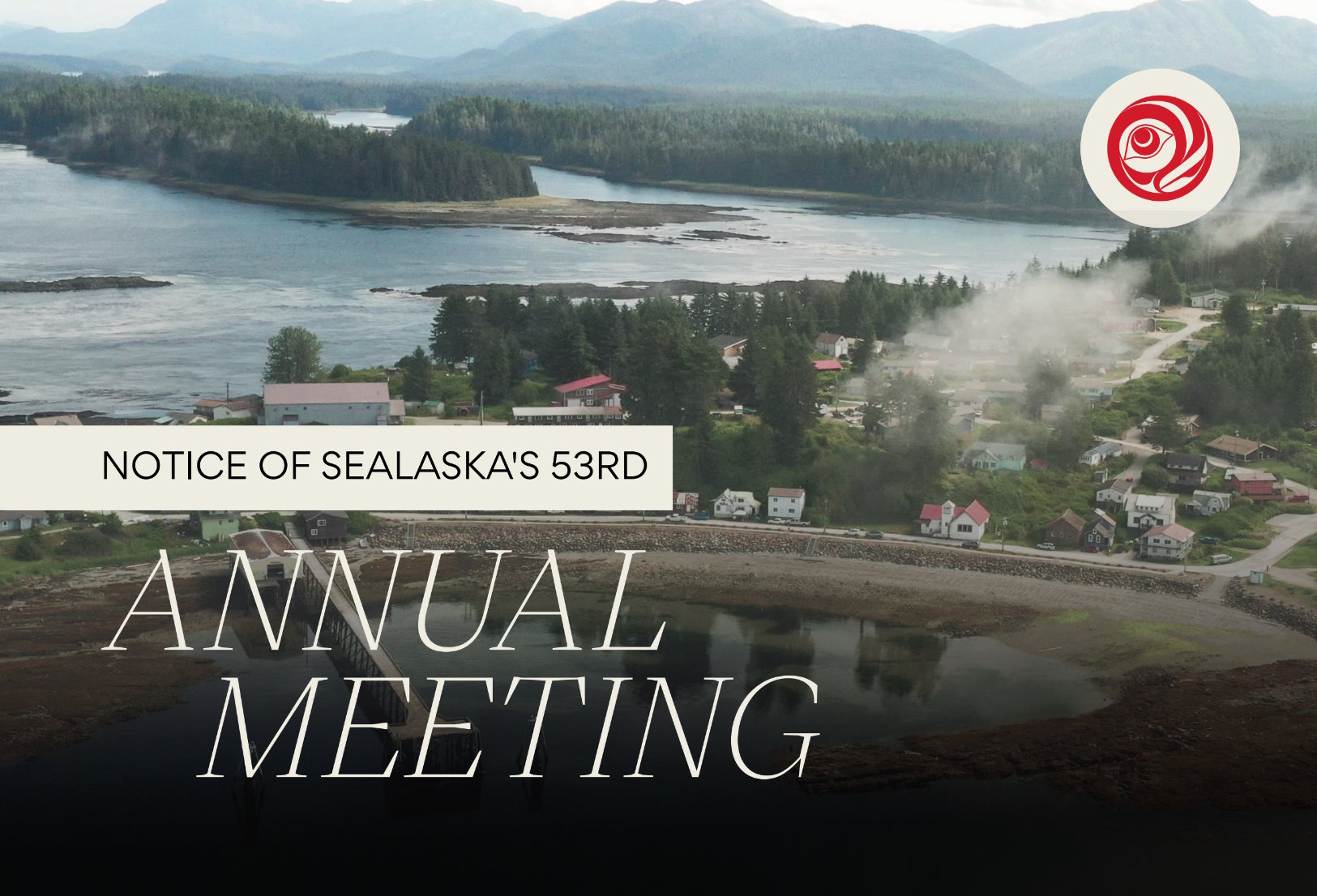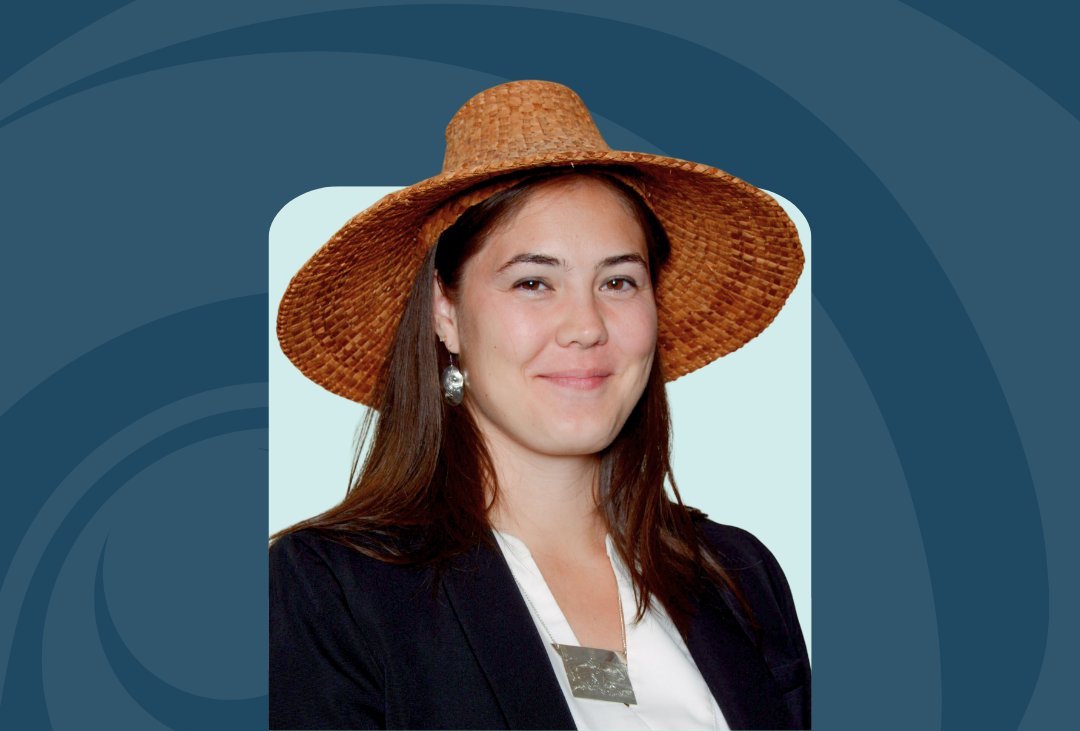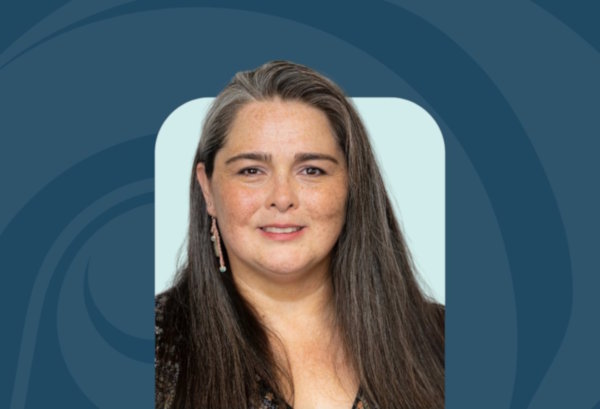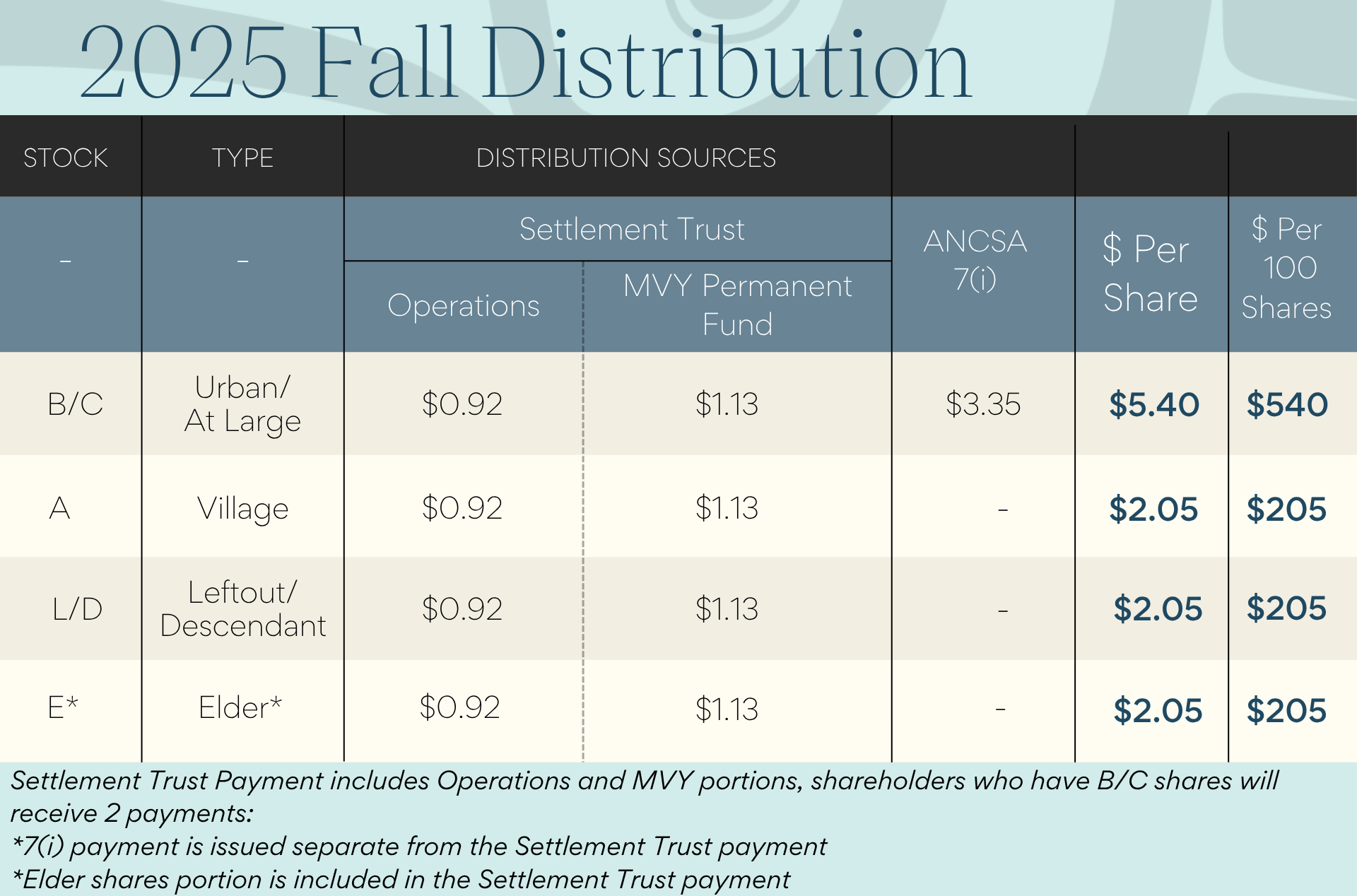Shareholders Will Determine Fate of Blood Quantum Requirement in 2022
Tuesday, April 12, 2022
 Over the past six months, Sealaska reached out to shareholders and descendants to ask a seemingly simple yet profoundly personal question: How does blood quantum impact you?
Over the past six months, Sealaska reached out to shareholders and descendants to ask a seemingly simple yet profoundly personal question: How does blood quantum impact you?
Through a variety of mechanisms, including an open-ended questionnaire, a formal survey and virtual events, we heard from thousands of you. To ensure we obtained a statistically valid view of shareholders’ thoughts on the issue, Sealaska hired an independent professional research firm to survey shareholders in November of 2021 and received nearly 4,000 responses. The survey’s primary finding was that the majority of current shareholders support the elimination of blood quantum requirements to enroll with Sealaska:
- 69% of shareholders favor elimination of the blood quantum requirement, 23% oppose the idea and 8% consider themselves neutral
As a result, shareholders can expect to see the question of whether to eliminate the blood quantum requirement for enrollment in Class D (Descendant) stock on the 2022 Sealaska proxy. This is not a solicitation, but rather information for shareholders. In the coming weeks, we will continue to seek input and provide information about the issue to help shareholders make an informed choice on their proxy.
We heard a lot of different reasons for eliminating the blood quantum requirement:
- Generational — Many parents and grandparents are dismayed that their descendants cannot be part of Sealaska and worry what the future holds for later generations.
 “Children and grandchildren are still yours, no matter what blood quantum.”
“Children and grandchildren are still yours, no matter what blood quantum.”
- Representation — Many are concerned that if younger generations are not included, they may not invest the time or energy in learning languages and other elements of culture, which could contribute to the loss of precious knowledge and traditions.
“One of my grandchildren is 1/8, and he is more committed to tribal identity than some who might never have had to ‘prove’ they belong.”
- Values — Shareholders widely recognize that traditional values do not recognize a construct like blood quantum, and it was not how belonging was determined in previous generations. Family ties were paramount, and they’d like to see Sealaska follow the same model as some tribes — like Central Council of the Tlingit and Haida Indian Tribes of Alaska — in relying instead on documentation of lineal descendancy.
“Do you want to include, like our Native values tell us? Or exclude, like the white man has done to us for decades? Has the student become the teacher? Or has the student become the advocate? Include all Native blood.”
- Basic fairness — Many individuals who meet the one-quarter threshold are still not eligible because there is a lack of documentation somewhere in their family history. Trying to correct the record is nearly impossible, leaving many on the outside due to administrative errors, adoptions and boarding school history.
“So my BIA (card) is less than a 1/4, I’m truly 1/4 Native because my grandma lied when she set up her enrollment with BIA, she was embarrassed back in the day to be full Alaska Native, so this has affected me deeply, I can’t apply for the shares, only receive gifted shares, I’m Alaskan Native, grew up in Juneau, I care what kind of development my corporation does and how they approach situations that will affect future generations! I would like to have the left out shares but as my blood quantity is not enough on my BIA I don’t qualify, this should change to hold an equal opportunity for us Native Alaskans.”
- Objections to blood quantum as an expression of colonialism — Blood quantum as a measure of Indigeneity was created by the federal government. It was used as a means of eventually exterminating treaty obligations between the U.S. government and tribal members — if there are no more tribal members, the government doesn’t owe anyone anything.
“I think the whole idea of blood quantum has been used as a colonizing tool for the erasure of indigenous identity, belonging, and spirit. We have and always will be societies that revolve around matrilineal lineage to determine our past, present, and future. When we incorporate a system that dictates Native identity and cultural belonging through a federal government mandated procedure based on blood percentage, we ourselves allow the perpetuation of lateral violence, trauma, and cultural erasure.”
Shareholders do have concerns about this possible change. Some of what we heard includes:
- Outsiders — There is a perception that “anyone off the street” could walk into Sealaska and claim shares if the blood quantum provision is eliminated.
“In my life time I have seen what could happen if we lower the blood quantum and I don’t want this to happen to Sealaska. I have seen people sell off the lands, water rights and take away our Cultural beliefs. Only because they have never been a part of our way of life.”
- Elders — Shareholders are concerned about how this change could impact Elders financially.
“I am Full Tlingit and so are my 5 children. My grandchildren are 3/4 to 1/2. I grew up listening to the great great grandpas expressing the importance of keeping the law even stricter than the law stated. Those elders did not want even 1/4 of another blood to interfere with what was owed for the hardships that they endured. Those grandpas were full Tlingit and proud of who they were…If things are changed for the 1/4 Native to lesser… then it puts a burden on us who are full Natives…”
- Financial resources — There is a fear that dividends and other shareholder benefits will be reduced with additional shareholders.
“I look at the stocks as a whole. Like a pie graph. The more slices in the pie means less money for the original shareholders. I don’t like less money especially now when life seems to be getting harder each year.”
The testimonials above were verbatim responses to an open-ended question Sealaska posed to shareholders and descendants via social media and in our eNews.
More information on this issue and its implications will be shared over the next few months. To learn more about the issue, visit the #NativeEnough tab on MySealaska.com. If you would like to provide your thoughts, please consider adding them to the open-ended questionnaire here.
Latest News
Notice of Sealaska's 53rd Annual Meeting of Shareholders
Pinned - Posted 2/12/2026The 2026 Sealaska Annual Meeting of Shareholders will be held on Saturday, June 27, in Angoon, Alaska. This year’s meeting will take place at the Angoon Elementary Gym, located at 500 Big Dog Salmon Road, Angoon, AK 99820.
Sealaska Welcomes Madeline Soboleff Levy
Posted 2/7/2026Sealaska welcomes Madeline Soboleff Levy as our new Vice President of Policy and Corporate Affairs.
Online Notary Service for Stock Wills
Posted 1/28/2026Sealaska is pleased to welcome Heather Shá xat k’ei Gurko
Posted 12/17/2025Sealaska is pleased to welcome Heather Shá xat k’ei Gurko as our new Director of Shareholder Communications.














